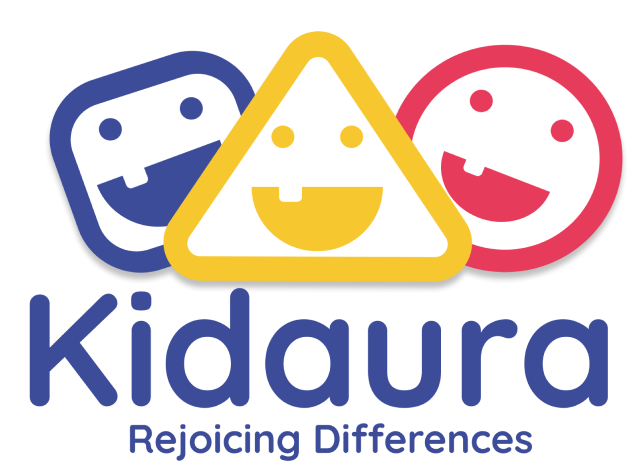Parenting Children with Special Needs
Published by Mahima
4 years ago
Parenting a child with special needs poses many challenges. It is often difficult for parents to cope with the demands of raising a child with special needs. They feel guilt, grief, exhaustion, and vulnerability. They have to face judgments about being a bad parent, about not doing enough. It becomes hard for them to find support in relationships because of the existing stigma around the disorders. They are fighting many battles at the same: one with themselves to accept the child as they are, another one with the community who looks at the child in a stereotypical way. Parents with children who have Autism, ADHD, Learning disabilities, Cerebral Palsy, Physical disabilities often experience great amounts of stress.
Here we state some common stressors in the life of parents with a special needs child.:
-
Everyday struggles: A child with conditions such as Autism and ADHD are unique, the way they perceive the world is different than other kids. These conditions can make them sensitive to certain situations. They tend to get agitated and frustrated easily. It is difficult to predict their behavior which makes it hard to manage. They have the responsibility of soothing the child when the child has an episode. Therefore, the parents have to be on their toes, to make sure that the child is comfortable in all the environments. Every day can present new problems and parents have to work towards finding a solution.
-
Concerns about the child: As they are aware of the uniqueness of the child, they sometimes feel awful thinking about how their child is suffering and is in pain. They worry about the child’s future. Another major concern parents have is, whether they are providing everything that the child needs. They worry about falling short and not doing enough for the child.
-
Guilt and grief: They often hold themselves responsible for the child’s condition. Parents may feel guilty as they are not focusing on other children and members of the family.
-
Feelings of missing out: As their attention is devoted completely towards the child, they have to miss family functions, social events to be there for the child.
-
Judgments and stigmatization: One of the major factors that cause irritation in parents is that people do not understand what they are going through. If they see the child behaving inappropriately, people misjudge them as undisciplined, when the child could be just confused. People often are unaware that it is difficult to reason or discipline children with conditions like ADHD and Autism.
If you are a parent of a child with special needs, and you are having a hard time dealing with your child, You are Not Alone.
Here we present some resources that can help make your life easy:
Support groups: Sharing your journey of raising a child with someone who is on a similar journey and is facing similar difficulties can provide you with the empathy and support that you crave in every relationship.
Taking a break: It is important for you to take a break for yourself. The more care you show for yourself, the better care and affection you will be able to show to your child. In this break, you can do what you love to do such as paint, read, go shopping, etc.
Focusing on other relationships: There are times when you need to focus on the child with special needs. Due to this, the other child may feel ignored and unappreciated. Educate other family members about the child’s condition. You can distribute responsibilities so that all the family members spend time with the child with special needs. You also need to make time for relationships out of your family. It's important to take time off from parent duty and being around people other than your family. This can be refreshing and can help in taking care of your mental health.
Showing yourself compassion is as important as taking care of the child. Self-compassion means being understanding and warm towards oneself when one is going through a difficult and painful phase of life. Self-compassion is positively associated with life satisfaction, hope, and goal reengagement and negatively associated with depression and parental stress. Results suggest that self-compassion may play a significant role in the well-being of parents of children with autism. (K D. Neff and D J. Faso,2014)
Here is how you can practice self-compassion, by using these self-affirmations:
- I’m doing my best, and that is enough.
- I will continue facing challenges with resilience and determination.
- Every parent is learning something new, every day. I don’t have to know it all right now.
- I will take each day as it comes.
- Taking time off when I need it doesn't make me a less committed mom. I'm strong and capable.
- The achievements of my child make me proud, I will not compare them to others.
- My child overcomes challenges differently, and that’s okay.
- My child has something wonderful to contribute to the world.
- I am loved and appreciated.
- I do not blame myself for my child's condition.
Share via

© 2019-2024 Kidaura, All Rights Reserved




